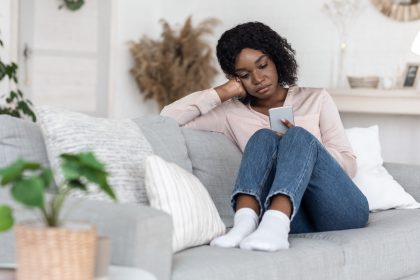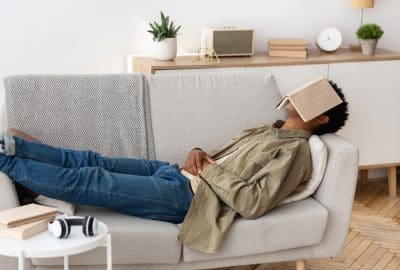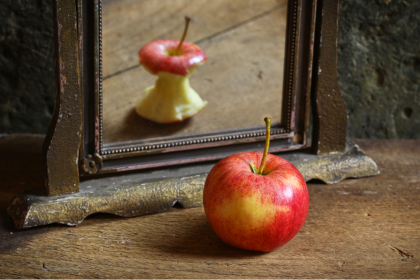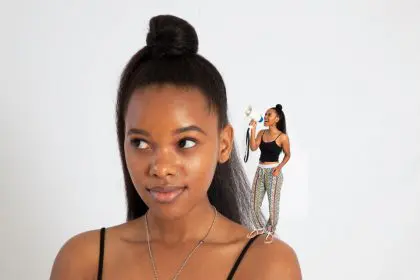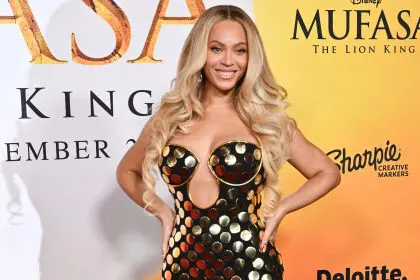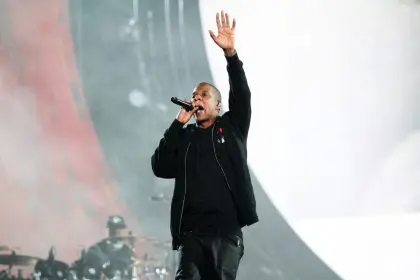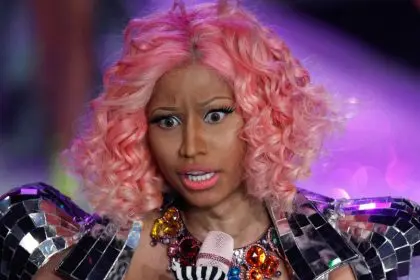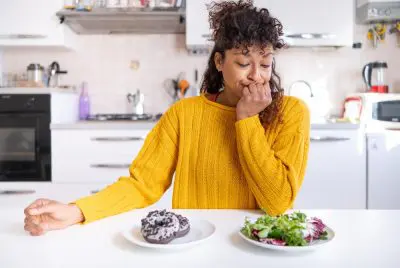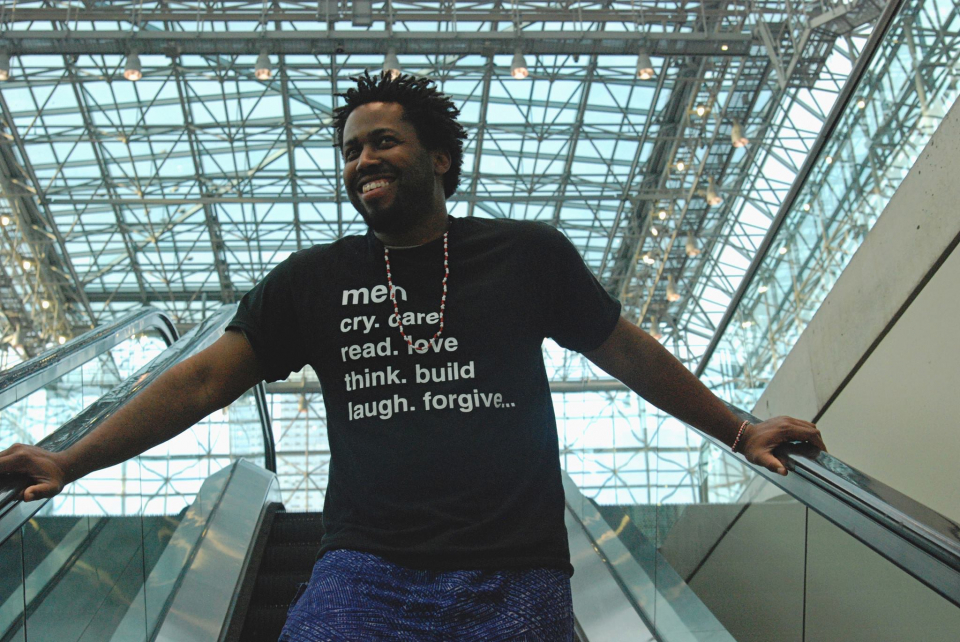
Mental health can be a taboo subject in the Black community. In many circles, the admission of having a mental health issue can bring about shame and embarrassment. According to the US Department of Health and Human Services, the suicide death rate for Black men was more than four times greater than rates for Black women in 2014.
Dr. Obari Cartman has created an open space to discuss this at his event, 4:44, a mental health roundtable for Black men. We spoke with Dr. Cartman about mental illness and resources available for treatment.
Why would you say Black men’s mental health is something that is not addressed properly?
Men who are well, people who are well, mentally physically spiritually, are more powerful people. There are a lot of folks currently in positions of power [who] are very invested in Black sickness. I think it’s really starting to hit us that our healing is gonna have to be addressed by us for us.
What would you say are some of the contributing factors to mental illness?
Historical trauma. Spiritual warfare. Poverty. Racism. Depression is caused by oppression.
What are your thoughts on the high incarceration rates for Black men in relation to mental health issues not being checked?
America has been crystal clear about its dependence on the control of Black bodies for survival. We gotta stop playing into the program. We need to develop more efficient independent economic systems to lure our people away from activities that put them in the hands of the system of incarceration. Which includes loosening all our dependence on the police, don’t call 911. If we see an altercation, if someone is acting strange, we need be more organized to be able to call up local councils to come address the issue, to mediate conflicts ourselves, to prevent them by instilling more communal values in our children.
What would be the best way to approach someone you feel is struggling with mental health?
Listen to them. Intentionally. With your whole being. It’s a sacrifice. You have to offer valuable time and space, be willing to help carry a burden. But so often sickness festers because it’s trapped inside someone. Just being heard and understood can be healing all by itself. Then try to connect them with some person place or thing that invigorates their joy and peace. If there’s a healthy activity you know they [like to do] but don’t have the energy or clarity to do themselves, then you take them and do it with them.
This roundtable that is being held Oct. 14 around the subject of Black men’s mental health it is being centered around Jay Z’s most recent release, 4:44. Talk about why you decided to do this and why this specific release makes the conversation more palpable.
When Beyonce’s Lemonade was released, I saw a lot more events where women came together to heal, discuss and support each other. A lot of the conversation I’ve seen men have about 4:44 has been limited to his political or economic statements. But Jay-Z offers us so much more of an opportunity to reflect on our socialization as men, the way we harm and have been harmed, emotional stuff, things that have been traditionally more difficult for men to talk about. So I want to focus on that part.
What can people expect to learn from this event?
To be reaffirmed that Black men are so diverse, yet share many commonalities. That we are in pain and sometimes don’t know what to do with it. That we are becoming more aware of the ways we cause pain to others we love and genuinely want to be better. That it’s okay for men to let their guard down for a moment when the proper safe space is created and when we decide to be courageous about it.
What resources would you recommend to Black men dealing with mental health issues?
My book Lady’s Man: Conversations for Young Black Men about Manhood and Relationships. I’ve struggled with the shameless plug idea. But the more I realize how popular, accessible and well resourced more the more problematic narratives about manhood are, the more I feel it my duty to promote my work. Migos, Lil Uzi Vert, and nem don’t have any shame about promoting their version of manhood so why should I? I wrote it because it’s the medicine we need. But I don’t have the infrastructure behind me to distribute it as widely as it’s needed, so thank you always for allowing me the opportunity to speak and share. To help us be our own media, tell our own stories, and be our own healing.


